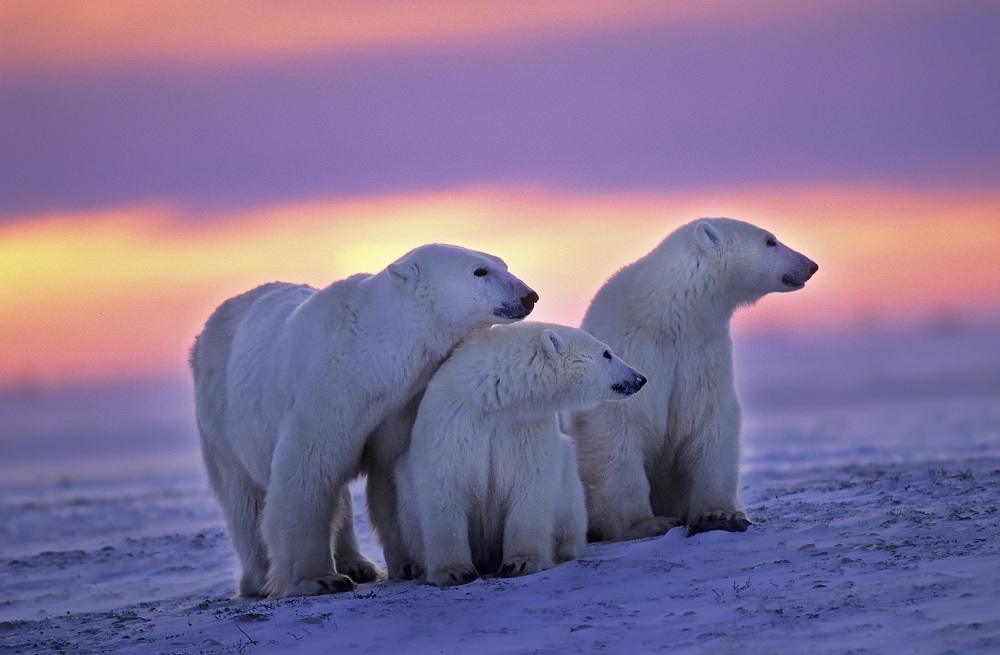Happy International Polar Bear Day, travelers!
How much do you know about the snow white bears who live in some of the coldest temperatures on Earth?
Three of our team members here at Classic Escapes have had the good fortune of seeing polar bears up close and personal. Lori saw them from a tundra vehicle, Stacy from a helicopter, and Donna from an icebreaker boat.
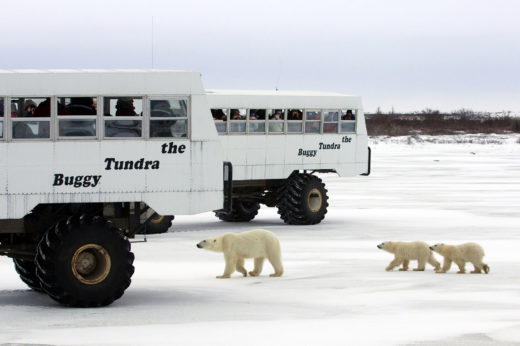
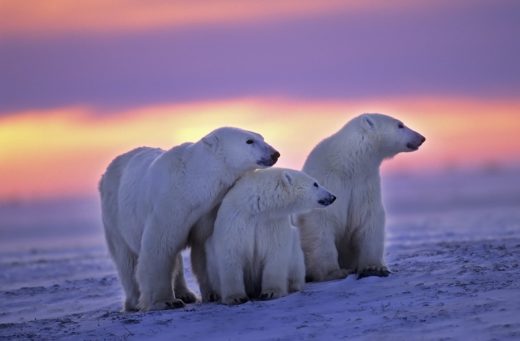
Lori recalls the experience wistfully. “The Polar Bear is such an amazing animal to witness up close and personal,” she says. “Being able to see them in person was a major highlight in my life. They are so massive and beautiful and one would think that they are docile and gentle but viewing is done at a distance at all times. I can still remember the excitement the first time I saw them there on the tundra. Polar bears are very curious animals and this big guy wanted to check out our tires and the next thing you know, he bit right into it! The tire was fine! “
Stacy agrees, “Even as woozy as I was being in a helicopter, nothing quite matches the thrill of spotting them for the first time. We were able to get surprisingly close, and every detail will stay with me forever.”
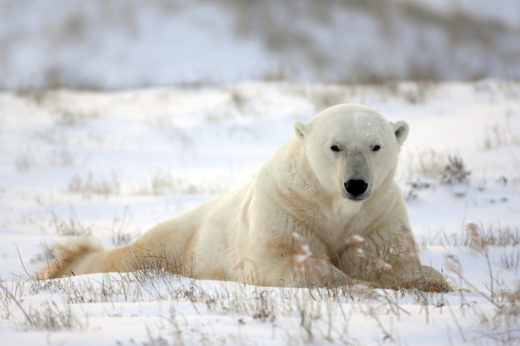
Maybe you haven’t had the opportunity yet to meet the Lord of the Arctic for yourself. In the meantime, enjoy these interesting polar bear facts to celebrate International Polar Bear Day!
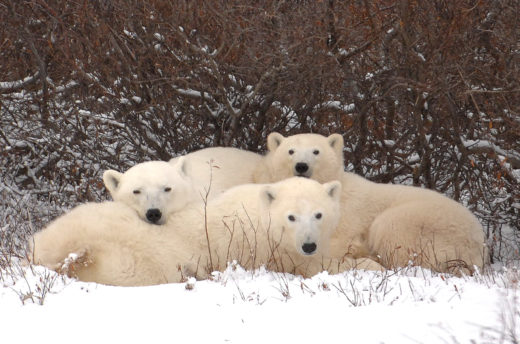
- Polar bears are big animals, in fact the biggest living carnivores on Earth! However, as babies, they are only about the size of a guinea pig.
- Polar bear snow dens are warm and safe, perfect for giving birth and raising young. In fact, they are so ideal that they inspired a similar man-made home – the igloo!
- Polar bears are actually black, not white! Their skin is ink black and their fur is transparent and hollow, creating the illusion of whiteness. The hollow hairs help trap light and keep them warm!
- With land speeds up to 25 mph and swimming speeds around 6mph, polar bears are fast and formidable predators. In fact, they’re higher on the food chain than humans are!
- Polar bears are a threatened species, with climate change causing loss of habitat that is rapidly reducing their population. But all is not lost! Get involved with an organization like Polar Bears International or the World Wildlife Fund to help preserve and save these incredible creatures today!

